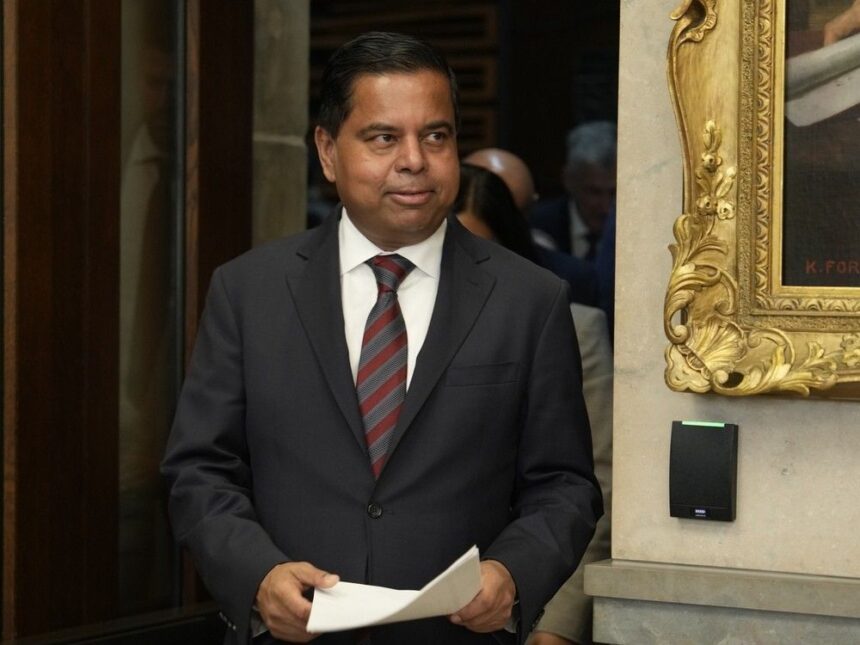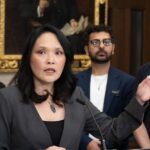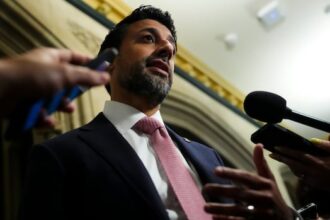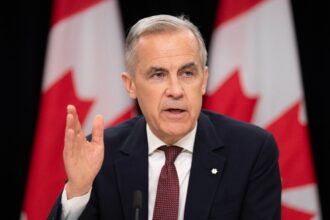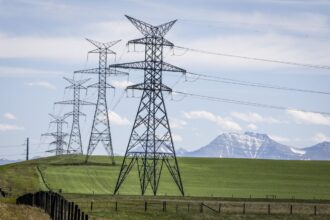A newly surfaced recording has captured Public Safety Minister Dominic LeBlanc privately expressing significant doubts about the federal government’s ability to enforce its controversial gun buyback program. The candid admission raises serious questions about the feasibility of a policy that has been central to the Liberal government’s public safety platform.
In the audio recording obtained exclusively by media sources, LeBlanc can be heard telling a stakeholder group that he questions whether police services across Canada have the capacity or willingness to enforce the mandatory surrender of firearms classified as “assault-style weapons.”
“The reality on the ground is concerning,” LeBlanc states in the recording. “Many police chiefs have indicated they simply don’t have the resources to go door-to-door collecting these firearms, even if we provided additional funding.“
This revelation comes at a particularly sensitive time for the government’s gun control initiatives, which have faced mounting criticism from rural communities, sports shooters, and opposition parties. The buyback program, initially announced following the 2020 Nova Scotia mass shooting, was intended to remove approximately 1,500 models of firearms from civilian ownership.
Law enforcement agencies across Canada have been increasingly vocal about their concerns. The Alberta government has explicitly instructed its provincial police force not to participate in the program, while several other provinces have expressed similar reservations about allocation of police resources.
“We’re seeing unprecedented pushback from provincial governments who see this as federal overreach,” explains Dr. Helena Ramirez, professor of public policy at the University of Toronto. “The implementation challenges were predictable but perhaps underestimated in the policy development phase.”
The government has already spent over $8.5 million on developing the buyback program, according to recent financial reports, with the Parliamentary Budget Officer estimating total costs could exceed $750 million. Critics argue these funds would be better directed toward border security measures to prevent illegal firearms from entering the country.
Conservative leader Pierre Poilievre has seized on the leaked recording, calling it “proof that the Liberals knew all along their gun grab was unworkable political theater.” He has pledged to scrap the program entirely if elected.
The Prime Minister’s Office released a statement defending the government’s approach, insisting that “all options remain on the table to implement this crucial public safety measure,” while acknowledging that “ongoing consultations with law enforcement partners continue to shape our implementation strategy.”
Gun control advocates remain supportive of the buyback concept but express frustration with the delays. “Every day this program isn’t implemented means more of these weapons remain in circulation,” says Suzanne Martin of Canadians for Safer Communities. “If enforcement is the issue, the government needs to develop creative solutions, not abandon the effort.”
As this political controversy unfolds, affected gun owners remain in limbo, uncertain whether they will ultimately be required to surrender their firearms. The amnesty protecting them from criminal charges for possessing these weapons has been extended multiple times and now runs until October 2025.
With federal elections on the horizon and public confidence in the program wavering, the fundamental question emerges: can a policy succeed when those tasked with implementing it have openly expressed doubts about its practicality? The government’s response in the coming weeks will likely determine whether the buyback program remains a cornerstone of Canadian gun control or becomes a costly political misstep.

